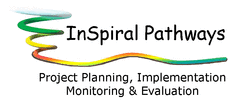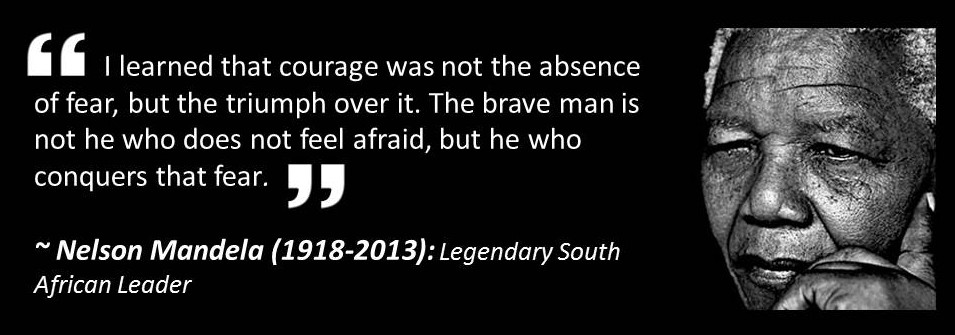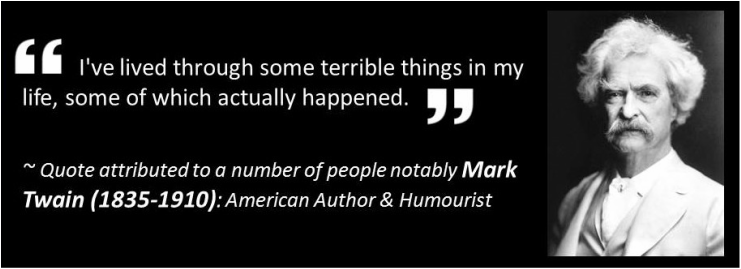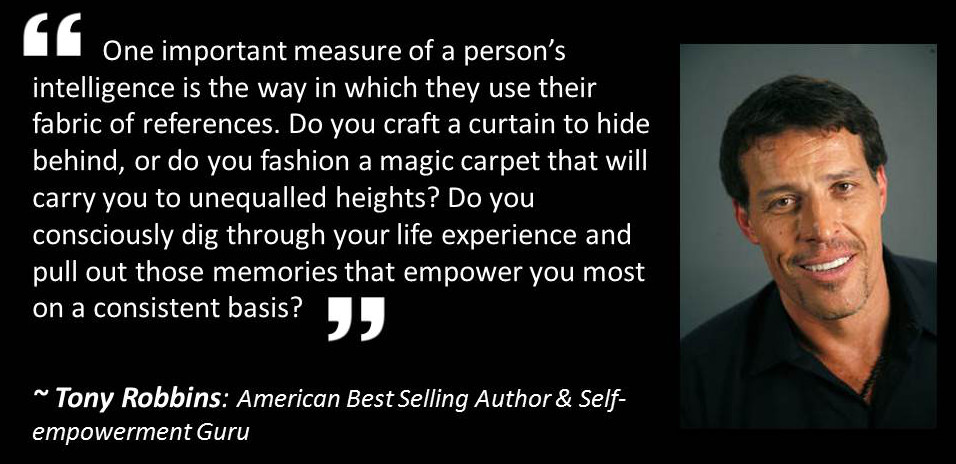Why we need to overcome our negative bias and six ways to do it
- The Constructionist Principle (words create worlds) – the filters through which we interpret the world create our reality in other words the map is not the territory. These filters shape our language, communications and day to day interactions; so focusing on possibilities rather than limitations helps us to generate a better future.
- The Simultaneity Principle (inquiry is an intervention) – systems move in the direction of the questions we most persistently ask and change happens from the moment we begin our inquiry; so consistently asking empowering questions plants the seeds of positive change.
- The Poetic Principle (we author our own histories) – people interact and learn through stories, and like poems and books the narratives that shape our lives are open to different interpretations; so we can enhance the prospects for success by replacing the stale old narratives of stress, conflicts and shortcomings with stories of individuals, programmes and organisations at their best.
- The Anticipatory Principle (our expectations inspire our actions) – what we do today is guided by our expectations of the future; so developing a motivating vision will help imbue our present day actions with hope, excitement, joy and other uplifting emotions that contribute to peak performance.
- The Positive Principle (positive images lead to positive actions) – positive emotions such as joy, compassion and empathy promote a resourceful mental state; so enhancing qualities like camaraderie, persistence, and resilience to setbacks will contribute to personal and organisation effectiveness.
- Individuals give events their meaning
- What you focus on expands
- Words create worlds
- We are programmed to pay attention to negative aspects of a situation
- We can override our programming by exercising our “appreciative muscles”
Why highlight the negative?
Given the fact that Principle 5 can neutralise Principle 4, what is the point of introducing Principle 4 in the first place?
I believe that by highlighting the power of the negative we can provide a “safe space” in which to address those nagging doubts that many participants may harbour about AI. You know the sort of stuff that people feel and say – “this appreciative stuff is all very well but it won’t work in my [family, home, office, business, culture, country, etc.]”, “but sometimes we need to discuss bad stuff”, “I try to be positive but some things continue to wind me up” and most familiar of all “I’m not being negative, I’m just being realistic”. All of the above are justified sentiments, and I think we ignore such sentiments at our peril. Discussing them provides us with a valuable means of facilitating a new way of thinking in a manner that acknowledges the tenacious grip that “old paradigm thinking” holds on our individual and collective psyche. This helps the trainee to understand that negative feelings are reasonable though not always rational and that AI is a powerful way of addressing an inherent negative bias.
Velcro and Teflon
Even as a “born optimist” I know that this to be true. As Dr Rick Hanson, neuropsychologist and author of Hardwiring Happiness states “Our negative experiences stick to us like Velcro, while our positive experiences slide right off us like Teflon.” A typical example of this is my (internal) reaction to my children’s school grades. Even if most of the marks are high I am irresistibly drawn to the one or two lower grades. Of course as somebody versed in the art of “positive parenting” I would never give vent to the accompanying feelings of stress and urge to fix things but I feel these feelings nonetheless. Ok, if truth be told I probably do show these feelings more often than I should but at least I know that I shouldn’t!
But ‘gut reactions’ such as those I describe above are the norm and are very deeply rooted for good reason. They have helped us and our ancestors to survive when our “nasty, brutish and short” lives were frequently subject to mortal dangers.
Survival mode: keeps us alive - doesn’t help us to thrive
Survival mode is manifested by the following physiological changes among others: elevated levels of the stress hormones such as adrenaline and cortisol (to prepare us to deal with sudden danger), raised breathing rate and blood pressure (to pump more oxygen around our body), increased perspiration (to prevent overheating), increased blood sugar (to boost energy where it is most needed), a reduction in the production of growth and sex hormones, a weakening of the immune system and decreased blood circulation to the digestive tract (to maximise resources available to deal with the immediate threat) and increased size and stickiness of platelets (to heal any wounds that might occur). These are great responses when our lives are under threat. But they do not stand us in good stead in the modern world when it comes to undertaking constructive everyday actions such as making decisions, collaborating with others, recalling information or having balanced discussions.
The Antidote: Principle 4 -We can override our programming by exercising our “appreciative muscles”
Highlighting the fact that a negative viewpoint is simply one way of seeing the world allows us to question its usefulness to us in our day-to-day lives. Does it make for a positive work and home environment? Does it empower? Does it inspire? The answer to all these questions is likely to be something like “not in most cases.” The next question that comes to mind is “how can we address redress our negative bias?” This provides a platform upon which we can introduce a few of the growing number of approaches that we can use to shift us to a more positive outlook. But won’t this compromise our ability to go into survival mode when we are actually faced with a life or death situation? Assuming that you are able-bodies, you will do everything in your power to get out of the way as quickly as you can if are about to be run over by a bus, no matter how chilled out you most of the time. Millions of years of evolution will guarantee this even if you practice every positive thinking technique on the planet as long as you keep away from mind-altering drugs.
In my introductory workshops I have highlighted the following six ways in which we can override our programming by building our “appreciative muscles”:
- Asking empowering questions
- Practicing gratitude
- Observing the thoughts and feelings that come to you
- Cultivating stillness
- Embracing uncertainty
- Being of service
I examine each of these "muscle-building" approaches in my blog series on "Things I do… except when I don’t." ... (TIDEWID for short).
1. Asking empowering questions
2. Practicing gratitude
3. Observing the thoughts that come to you
4. Cultivating stillness
5. Embracing uncertainty
6. Being of service
In Conclusion…
A little Postscript – EFT a seventh way to build your appreciative muscles
The jury is out on how exactly EFT works but there is a growing of evidence of its effectiveness. I do, however, have to confess a certain degree of bias as my lovely wife Julie Mauremootoo is a certified EFT practitioner. For the moment incorporating EFT into an Appreciative Inquiry workshop is likely to be a bit too radical for most of the folks I work with. However, I do foresee a time when EFT is incorporated into mainstream organisational development. Remember, you heard it here first!






 RSS Feed
RSS Feed
